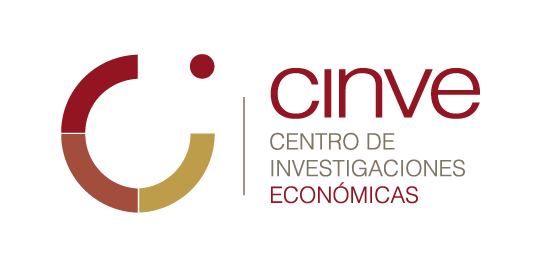The Uruguayan economy, as a small and open economy, is subject to external shocks that have a strong impact on the main internal variables. In a context of rising international prices and great global economic uncertainty, the study of these impacts acquires a particular relevance.
In this work, through impulse-response simulations derived from Structural Autoregressive Vectors (SVAR) models, the effects of financial shocks and international prices (oil and food commodities) on the activity, the nominal exchange rate and the inflation. The methodology, applied to monthly data between 1999 and 2010, allows the imposition of theoretical restrictions, which avoids the occurrence of empirical puzzles such as those usually found in these applications.
The results found allow quantifying the effects and determining the temporality of the impacts. The three shocks analyzed explain between a fifth and a quarter of the total variability in the level of activity, inflation and the nominal exchange rate, indicating that the international scenario constitutes a significant source of volatility. The flexible exchange rate regime constitutes a fundamental pillar of economic policy that allows to smooth economic fluctuations.
KEYWORDS: Inflation, activity, S-VAR models, external shocks
